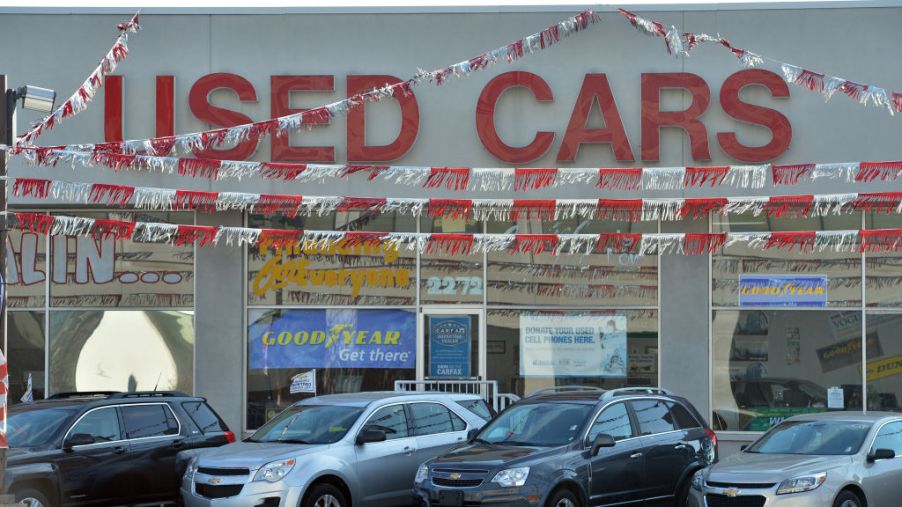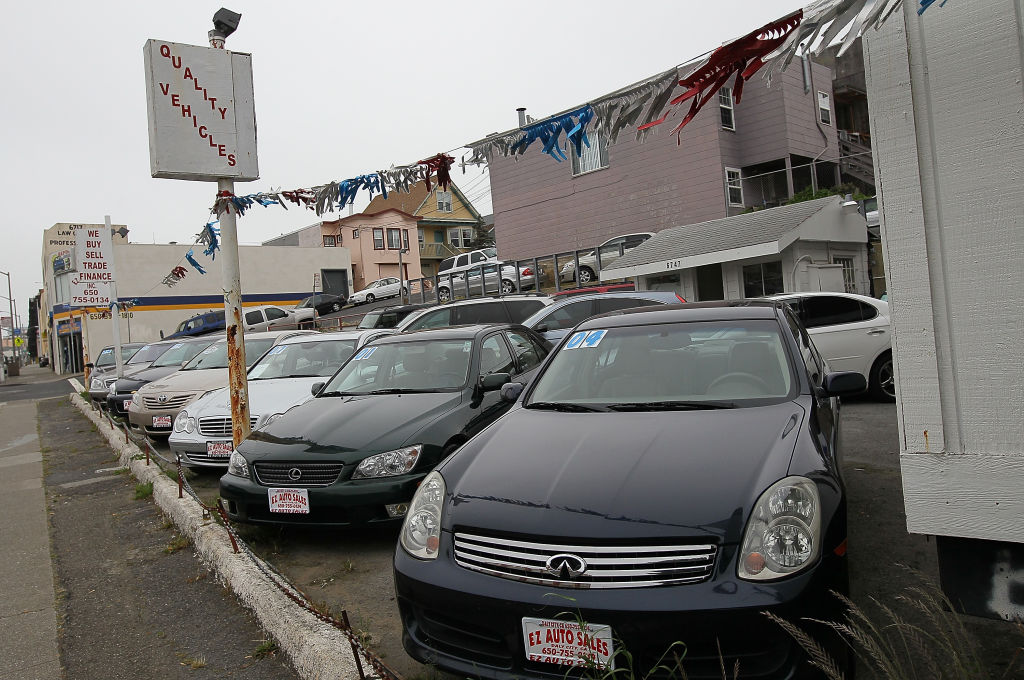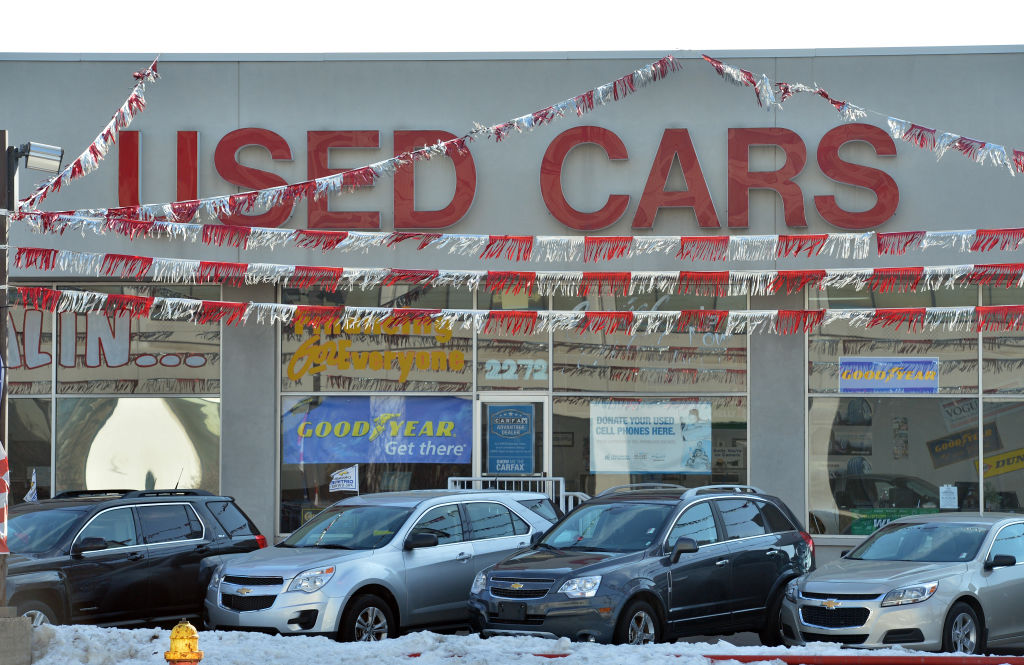
Can You Really Trust a Vehicle History Report?
If you have ever shopped for a used car, then you have likely purchased a vehicle history report for the car that you were interested in. Dealers typically provide them free of charge for the cars that they are selling as well so that they can be as transparent as possible when it comes to informing you of the vehicle’s past. But how do you know you can really trust it?
Vehicle history reports
A car’s vehicle identification number (VIN) is a lot like a social security number in that you can find a lot of information about that car when you plug it into a vehicle history report website like Autocheck or Carfax. And while you can usually believe what the report says, the issue is that it only shows what gets reported by insurance, car dealers, and auto shops.
For example, if you have seen a Carfax report with only five “reports” on it despite the fact that you’re looking at a 15-year-old car, then it’s possible that only a few of the maintenance and repair events were recorded. But unfortunately, the hidden and non-existent reports can go deeper than that.
Consumer Reports did an experiment when it came to testing the accuracy of some popular vehicle history report websites. They ordered reports for smashed-up cars that they found on eBay and erepairables.com in order to check the authenticity of those found on sites like Carfax, Autocheck, and the National Insurance Crime Bureau (NICB). They ended finding some surprising results.

Sometimes, “clean title” doesn’t mean it has a clean title
In their investigation, Consumer Reports found that the reports that were most likely to be incorrect were the cars that incurred serious damage. For example, a 2007 Acura MDX that was obviously involved in a serious wreck, as it looked like a pile of scrap metal, had a clean history report with all of the reporting agencies they checked and it even scored an 89 out of 100 with Autocheck.
Edmunds did a similar experiment where they checked a 2015 Kia Optima with a salvage title. According to Autocheck, the car had two owners while Carfax listed three. The Carfax also listed another accident that Autocheck didn’t catch and clearly listed how long each owner had the car. On the other hand, it was difficult to note those details with the Autocheck report.

Why are the reports seemingly inaccurate sometimes?
When it comes to reporting accidents, maintenance, and repairs, the bottom line is that not everything gets reported by the motor vehicle bureaus, insurance agencies, rental companies, auto auctions, repair, and service facilities. So if you’re looking to purchase a used car, then we advise that you look at these vehicle history reports as mere guidelines, or a glimpse at best, into a car’s history.
As always, if you’re going to purchase a used car, take it to a mechanic that you trust – or at least to one with good reviews – and make sure to get it inspected. While a mechanic might not be able to tell you the full history of the car, they can at least inspect for any previous damage and repairs that were otherwise not reported. Do as much research as possible because ultimately, used cars are like a “box of chocolates, you never know what you’re gonna get.”



